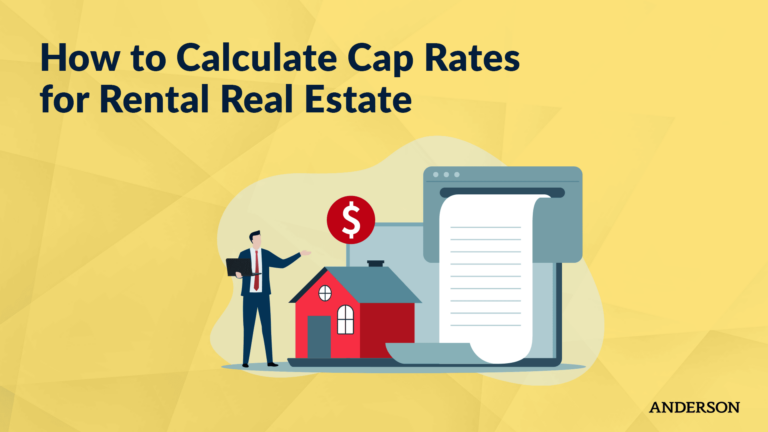Which States Are Community Property States?
In this episode of Coffee with Carl, attorney Carl Zoellner provides a big-picture view of community property states and the implications of living in one of these states.
Updated October 20, 2020
A common area of confusion for real estate investors and even homeowners involves community property states. There are always a lot of questions surrounding community property, what it is, how it works, and its implications. The question of community property has significant implications for how you structure your business entities and which entities are ideally suited to a given scenario.
Which States Are Community Property States?
Usually, when we talk about community property states, we’re not discussing the state wherein you invest, but the state where you and your spouse actually reside. In most cases, community property involves a married couple. If you’re married, the question of community property becomes much more important and relevant to planning your business entity structure and asset protection game plan.
The distribution of community property states throughout the US highlights that most community property states are in the West or along the US-Mexico border. These states are: Washington State, Idaho, Nevada, California, Arizona, New Mexico, Texas, Louisiana, and Wisconsin.
Community Property Defined
When you get married, “community property” includes assets that you hold or buy together. You may also have separate property, which is property you came into the marriage with that you received separately. Oftentimes, as time passes, these different assets can become commingled or combined. If you do happen to end up needing a divorce, this can make it difficult for a judge to differentiate between the assets.
If you’re intending to keep separate properties separate and distinct, I would encourage you to use different accounts for your business. Furthermore, you could look at legal documents like prenuptial agreements or event post-nuptial (or transmutation) agreements, which specifically note whose property is whose or if you intend for certain assets to be separate or community property.
State alimony laws differ even amongst community property states, adding a layer of complexity to this. For instance, some state alimony laws stipulate what contributions should be valued within the marital estate even if spouses contribute these items as separate property.
If you want to keep assets separate, the general suggestion is to keep them in separate accounts. This makes it much easier to demonstrate the division between community property assets and separate property assets to a judge or other third party.
Community Property States & Entity Structuring
Residing in a community property state has significant implications when it comes to selecting the right business entity or entity structure. If you want to set up an entity that you and your spouse both own, does it need to be a partnership or can it be a disregarded entity?
It actually can be a disregarded entity, but you would need to add another step when considering the estate planning side of things. You may need to make a holding company or Wyoming LLC to function as a sort of umbrella company to make sure you have a living trust as the owner versus the two individuals.
The Takeaway
Overall, there are specific considerations to keep in mind when it comes to your individual situation and whether you reside in a community property state. If you’d like to discuss the best asset protection entity structure for your individual situation and financial goals, schedule a complimentary Strategy Session with a Senior Advisor today. On the call, you’ll go over your specific investing situation and goals, then build the ideal entity structure for you. You can schedule online or by calling 888.871.8535.
Watch as Carl explains the basics of asset differentiation in community property states.
Resources mentioned in this video:
- Claim your complimentary consultation & customized asset protection plan
- Subscribe to Anderson Advisors on YouTube for the latest business & tax planning strategies
Got an idea for a future Coffee with Carl? Send it to Carl at cwc@andersonadvisors.com.
BONUS VIDEO
Free Strategy Session with an Anderson Advisor
Receive a detailed risk assessment to assist in lowering problem areas that could wipe out all of your assets with one wrong move. Speak with an Anderson Professional Advisor to get your FREE Strategy Session.
Limited-Time Offer: ($750 value.)












